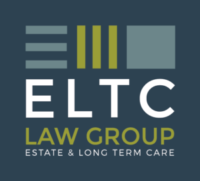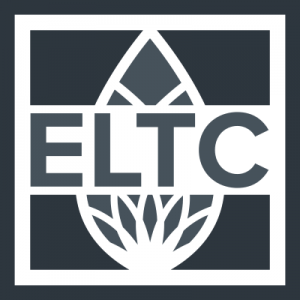In the past, Trusts were seen as a tool only the wealthy needed to protect their investments, and assets, and to pass down wealth to their heirs. These days, however, younger generations are beginning to learn the benefits of establishing a Trust, regardless of the amount of assets they’ve accumulated.
Here are just a few reasons why, at any age, establishing a trust is beneficial to you:
Managing and Protecting Assets
Establishing a trust can help you protect your assets from debt, bad marriages, or people who may later try and influence your named beneficiaries. They also allow you to establish a trustee in the event that any named beneficiaries aren’t capable of managing the assets you’ve left to them.
Saving on Taxes
A Trust can be used to access exemptions like the Lifetime Capital Gains Exemption where it may prove to be illogical otherwise. In addition, if a property is included in the trust, the tax from the sale of that property may be waived using the Principal Residence Exemption, provided that one of the named beneficiaries takes up residence in the home.
Avoiding Will Contestations
It is fairly common knowledge that Wills are contested far more often than a Trust (particularly Revocable Living Trusts). Though contesting a Will isn’t always a bad thing, it does drag out the estate settlement process.
These of course are just a small number among many reasons to establish a Trust. Because there are numerous types of Trusts, it is always best to consult with an estate law attorney to discuss what type of trust best meets your needs.
If you have questions about Wills, Trusts, Probate, or any other related estate law matters, the qualified attorneys at Estate and Long Term Care can help. Give us a call to discuss your estate planning needs at (509) 447-3242.


